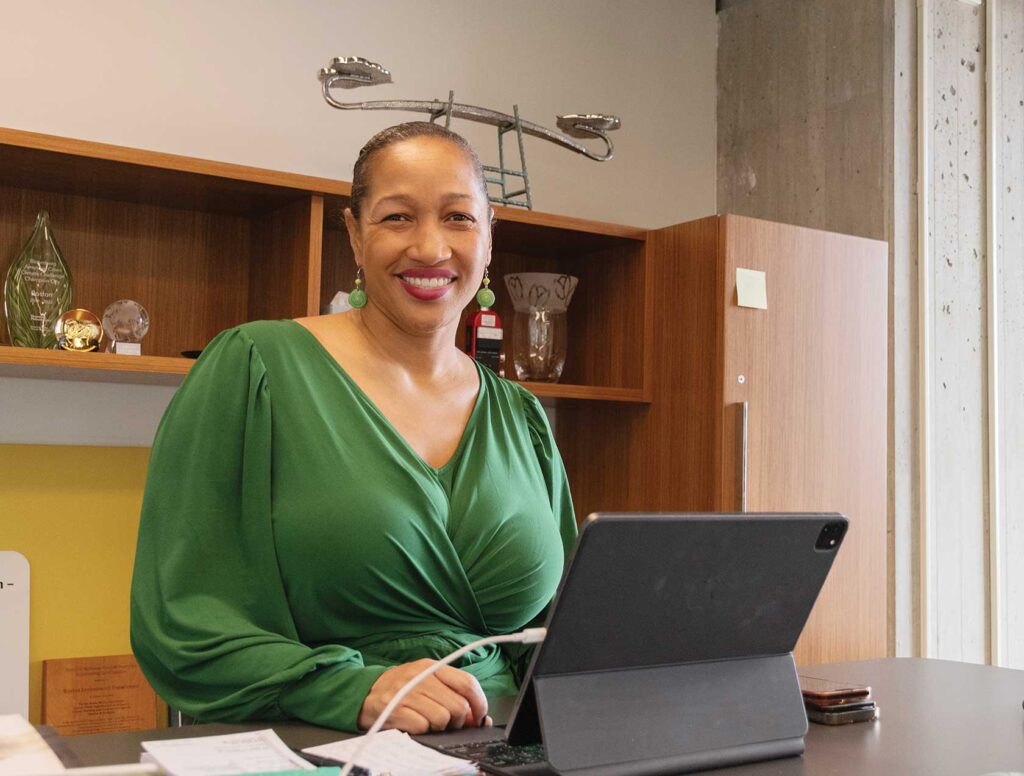
On the seventh floor of Boston City Hall, there’s an office with windows facing out over the recently renovated plaza. Whiteboards are filled with scrawled notes and planning. Trophies and mementos and books line the shelves. Two buttons — one that says yes, the other no — sit on the desk ready to verbally voice agreement or dissent.
It’s an office that Rev. Mariama White-Hammond will leave on April 26, after a three-year run as chief of the city’s Environment, Energy, and Open Space cabinet position.
During a tenure that has spanned two mayoral administrations, White-Hammond has a highlights reel from her work with the city that includes efforts to address urban heat islands, bringing more green jobs to the city — especially for residents of color — and taking steps to address food justice.
Her work around environmental justice and climate issues has long roots — as a seventh grader, she said, she found herself engaged around a hole in the ozone layer, which marked the first time she remembers registering human impact on the planet.
As chief of environment, energy and open space, her efforts had a wider impact than her ozone-inspired middle-school switch from hairspray to hair-spritz.
She pointed to the city’s urban heat plan, launched during her tenure. It was an issue that she advocated as a resident, prior to her time as chief, and for which she draws on personal experience — her home in Dorchester is in one of the city’s heat zones, while her parents live in another.
In response, the city has expanded its urban forest plan, with municipal care and planting efforts as well as a nonprofit partnership to place more trees on private property.
Creating green jobs in the city has also been a priority. She said the city’s PowerCorps program, a green industry workforce development effort the city launched in 2022 as part of its Green New Deal, is one of the cabinet’s achievements during her time that is closest to her heart.
She recalled seeing members of the PowerCorps — who participate in the 10-month program that has tracks in urban forestry, sustainable building operations and green infrastructure — out in the community pulling up invasive species like Japanese knotweed, and seeing the on-the-ground impact hit home.
“That’s the whole goal,” White-Hammond said. “You don’t want to launch a program just to have the press conference. You want it to trickle down in such a way that people’s lives are being changed and I know that they’re being paid a living wage and developing a set of skills and I hope they’ll stay at the parks department, but they could also go in a variety of other different directions.”
In early 2022, White-Hammond oversaw the city’s Office of Food Access move from the Health and Human Services cabinet to the Environment, Energy, and Open Space cabinet and be redesigned with a focus on food justice. White-Hammond described the difference as focusing more on the recipient, with greater consideration around fresh, healthy and culturally appropriate foods.
Her tenure also saw the “R” in the city’s BERDO legislation — originally the Building Emissions Reporting and Disclosure Ordinance — become a focus on Reductions.
“We moved from the place of, ‘Tell us where you are,’ to saying, ‘and what are you going to do to actually reduce that emissions profile?’” White-Hammond said of the regulation, which sets guidelines for the emissions produced by large buildings to decrease over time.
In a statement to the Banner, Mayor Michelle Wu highlighted White-Hammond’s climate efforts.
“I am so grateful for Rev. Mariama’s leadership for our city, setting a legacy of equity at the forefront of how we grow and build,” Wu said. “From growing Boston’s Community Choice Electricity program to launching our youth green jobs training program, PowerCorps, her service has always been dedicated to environmental justice and collective climate action.”
White-Hammond is recognized as an official who has a tendency to work as less of a bureaucrat, with the potential for sharp elbows and narrow focus, and more as someone with a strong dedication and connection to the community – and unafraid to speak up for that community.
“She has always put community first. She’s always led from a place of justice, whether that be climate justice or economic justice or other social justice issues, and so I’m very proud of the work that she’s done in the city,” said former acting Mayor Kim Janey, who first appointed White-Hammond as chief.
Karen Chen, executive director of the Chinese Progressive Association, called White-Hammond a “people-oriented” person who works to make openings for others to engage, both within City Hall and in their communities.
“City Hall is a big institution; how do you create access for people?” said Chen, whose organization recognized White-Hammond with its Social Justice Award at a ceremony in March.
Janey said she admired White-Hammond’s work making space for young people, and young people of color in environmental justice communities in particular.
White-Hammond’s leadership has bridged the secular world of a city official with the religious realm. She is pastor of New Roots African Methodist Episcopal Church, the church in Dorchester that she founded in 2018. Her leadership of that congregation was and continues to be a priority for her — when she was first brought on by Janey, she said she would always be a pastor first.
Those roots in the church have shaped how she approaches her work with the city, she said.
“I don’t stop being a person of faith when I come in the door,” White-Hammond said. “I’m not telling anybody to join my faith per se, but I am asking them to lean in to our best selves.”
For her, that perspective has guided a focus on not just how programs and choices affect the city in the short term, but also longer-term effects for future generations.
“How are we seeing the big picture? Everybody’s for affordable housing, but then sometimes not in their community, right?” she said. “Everybody is for reduction in fossil fuels, but then sometimes people struggle a bit. It’s not just going to come from the sky. We’ve got to do some actual work.”
Her religious background has long served as another way White-Hammond has engaged with environmental justice and social justice issues. Her New Roots church has a focus on justice — especially climate justice and gentrification — in Dorchester.
Before she founded her church, White-Hammond served as minister for ecological justice at Bethel AME Church, which was founded by her parents.
Like White-Hammond, her mother, Gloria White-Hammond, and father, Ray Hammond, also straddled the secular and religious, with medical doctorates to accompany their Master of Divinity degrees, and a host of human rights and social justice efforts to their names.
For the next few months, after she leaves her city role, White-Hammond said she has dreams of being just a small congregation pastor and resting up — a goal she said might be lofty for her — as well as working on a book project about her experience with scuba and spiritual experiences that largely went on pause during her time as chief, and generally moving a slower pace than she has been for the past three years. At almost 45, she said it’s time to stop burning the candle at both ends so much.
But she doesn’t plan to stop her work around justice. Once she’s taken a moment to rest, she said, she plans to continue pursuing efforts around issues she’s tackled as a cabinet chief, just outside of the scope of a city role.
For the city’s Environment, Energy, and Open Space cabinet, White-Hammond’s transition out means something of a structural shake-up for the agency, which will, starting in June, be headed instead by a chief climate officer.
Wu announced the change April 17, as well as the office’s first occupant, Brian Swett.
Swett, in that role, will oversee the Environment, Energy, and Open Space cabinet and lead the city’s efforts around climate action, resilience and environmental justice. That climate work will include the creation of a separate climate cabinet, which he will co-lead alongside Oliver Sellers-Garcia, the city’s Green New Deal director.
Swett previously headed the department from 2012 to 2015, at which time he transitioned out to work at Arup, a sustainable development consultancy firm.

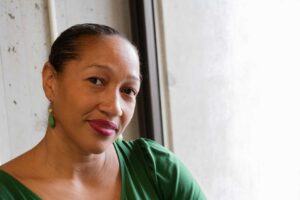
![Banner [Virtual] Art Gallery](https://baystatebanner.com/wp-content/uploads/2024/05/Breathe-Life-4-ToGetHe_WM-150x150.jpg)
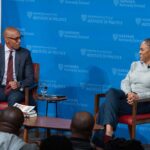

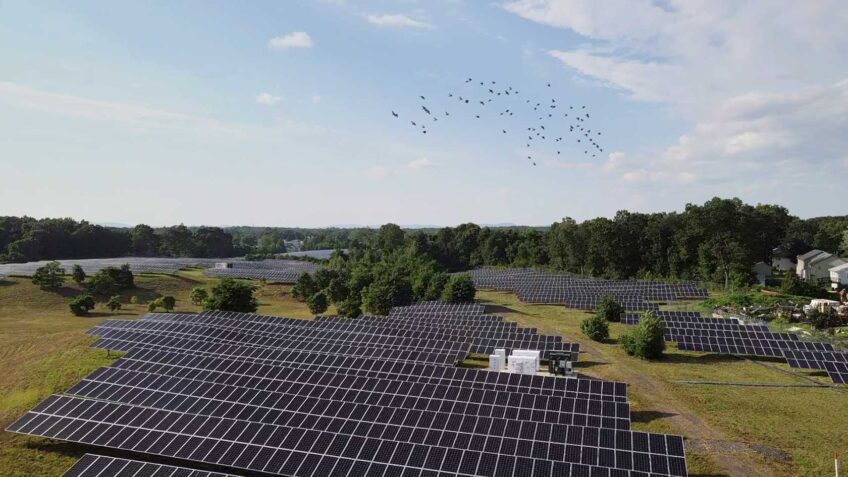
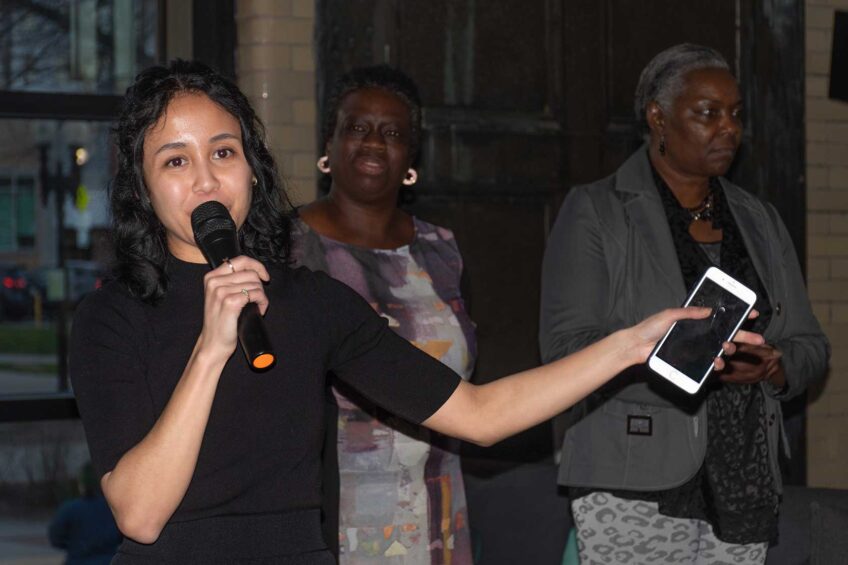
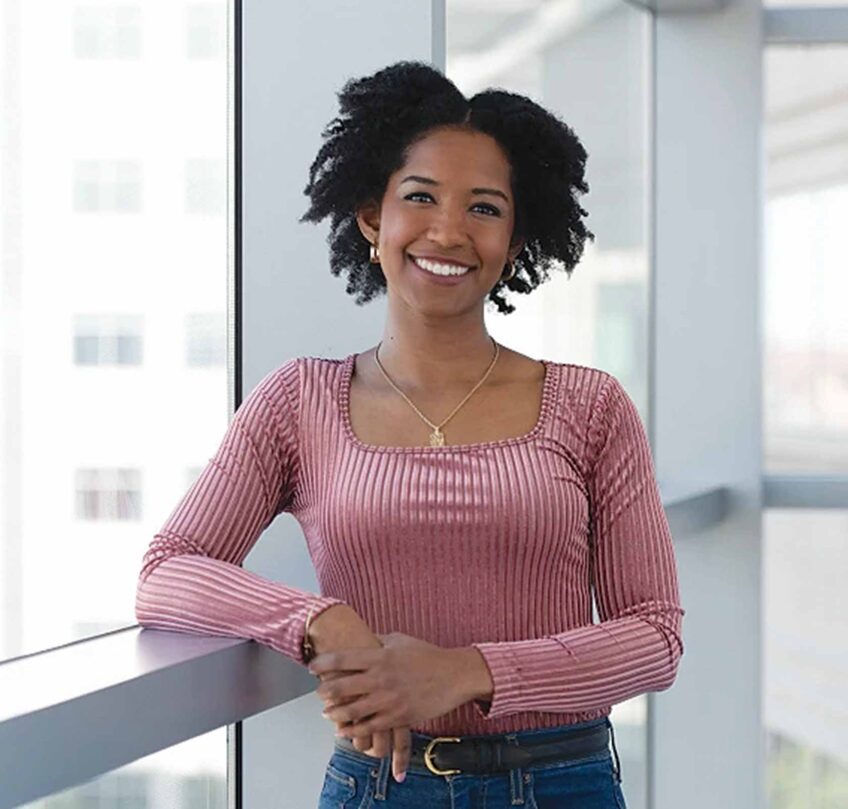
Leave a Reply
You must be logged in to post a comment.